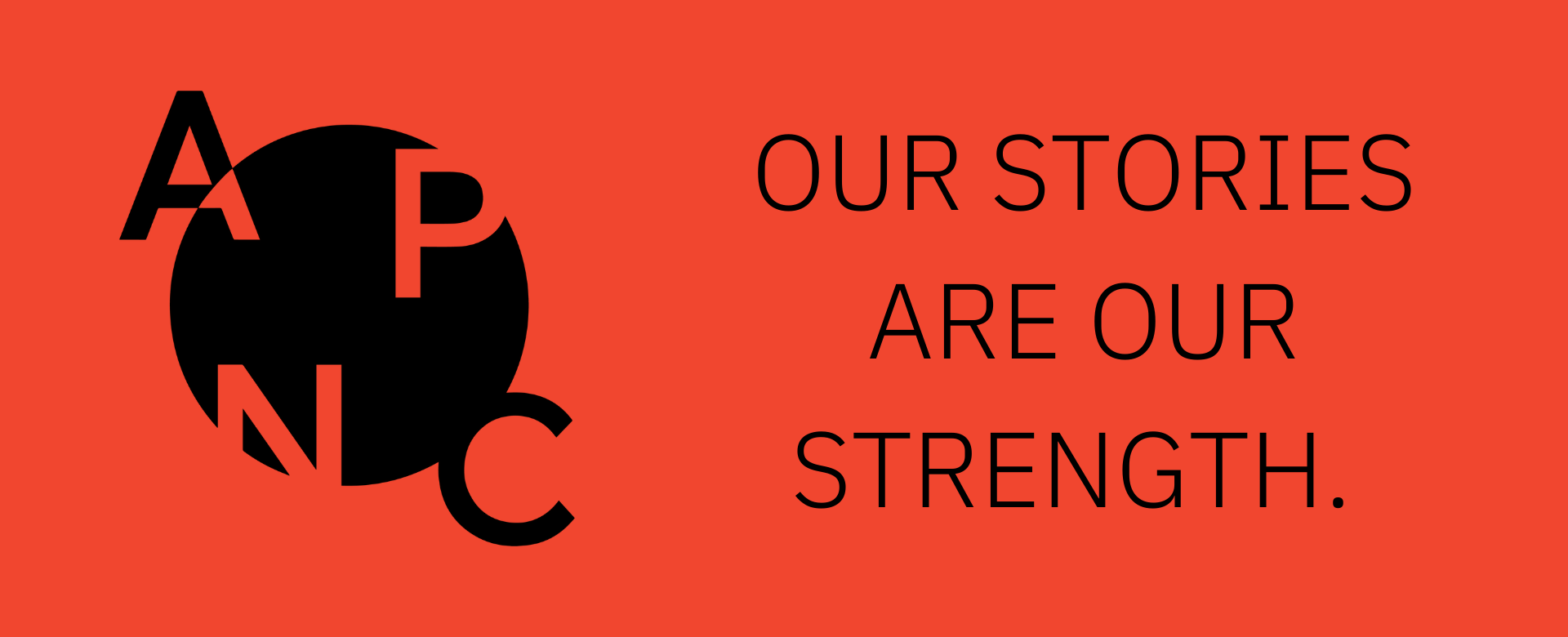In March of 2020, Covid-19 officially came to North Carolina, plunging the approximate 10 million citizens into an unfamiliar world, and an even more uncertain future. Stay at home orders were put into place across the state in late March and North Carolinians dutifully began to help “flatten the curve”. We all became intimately familiar with Zoom, and other video conferencing platforms; students attended virtual classrooms, many therapist became more familiar with telehealth, and we connected
with our loved ways in new ways. Now, as we look forward to the fall of 2021 and students returning to campus we will see another unprecedented moment. Two incoming classes of students being on camps for the first time; the sophomores who had their freshman experience taken from them, and our freshman class who had their senior year of high school taken from them. They will be looking to connect while reconnecting, find their place on campus, and celebrate in the ways man young people
do. It will be up to community members, campus staff, and peers to ensure the safety of everyone while they learn their limits, and experience freedom both from covid isolation and from parents and other authority figures.
As many of us were adjusting to the “new normal”, several people were saddled with a burden that felt way out of the bounds of normal, unemployment. North Carolinas unemployment rate tripled in less than a month as nationally we reached unemployment numbers not seen since the great depression. While the author of this blog is not an economist, there exists a direct link between the field of alcohol and other drug prevention, and recovery and these staggeringly high rates of joblessness: “drug use
increases in times of recession because unemployment increases psychological distress which increases drug use. During times of recession, psychological support for those who lost their job and are vulnerable to drug use (relapse) is likely to be important” (Nagelhout et al.). At a time of major distress, these individuals will lose health coverage and be unable to access social networks for support. Normalization of alcohol use also increased on social media, tv, talk shows, and in neighborhood gatherings, as many individuals realized they did not have the resiliency to endure working from home, digital learning, becoming full time caregivers etc.
“It was the first time I couldn’t be busy to ignore the problems in my life. I felt like I was losing my mind being trapped in my apartment. I hadn’t realized my recovery had hinged so much on remaining busy, it was scary to finally face it. I am grateful for the support I had from my friends in [crc]”-Anonymous CRC student in NC.
A word about collective trauma: “Collective trauma means first of all, a shared experience of helplessness, disorientation, and loss among a group of people. The threatening event gives rise to a shared identification — despite the fact that the victimized individuals have different personalities and family backgrounds, different coping mechanisms and capacities for resilience.” -Dr. Mary Castelloe. One of the major differences between Covid, and our most recent national tragedy, 9/11, is that this is
prolonged, much deadlier, and we are all being immediately effected. Whether your grief is the loss of a loved one to the disease, loss of graduation, loss of a job, or just loss of recreational activities, they are all real and all must be dealt with in healthy ways, or they can turn into more complicated behavioral health issues.
Finally, being confined to a home where your trauma, or grief, or normalized substance use patterns are now brought to the forefront with no outlet or escape, we can see why a young person may lean into substance use or other process disorders looking for escape. This is why as parents, caregivers, or adults it is up to us to model appropriate coping mechanisms. Furthermore, all the beforementioned traumas, grief etc could count towards a childs Adverse Childhood Experience (ACE) score.
Please JOIN IN and share your stories and thoughts with us by following THIS LINK.
-Chris Campau
APNC Director of Scholastic Recovery
#YourAPNC
Nagelhout, G. E., Hummel, K., Goeij, M. C., Vries, H. D., Kaner, E., & Lemmens, P. (2017). How economic recessions and unemployment affect illegal drug use: A systematic realist literature review. International Journal of Drug Policy, 44, 69-83. doi:10.1016/j.drugpo.2017.03.013

